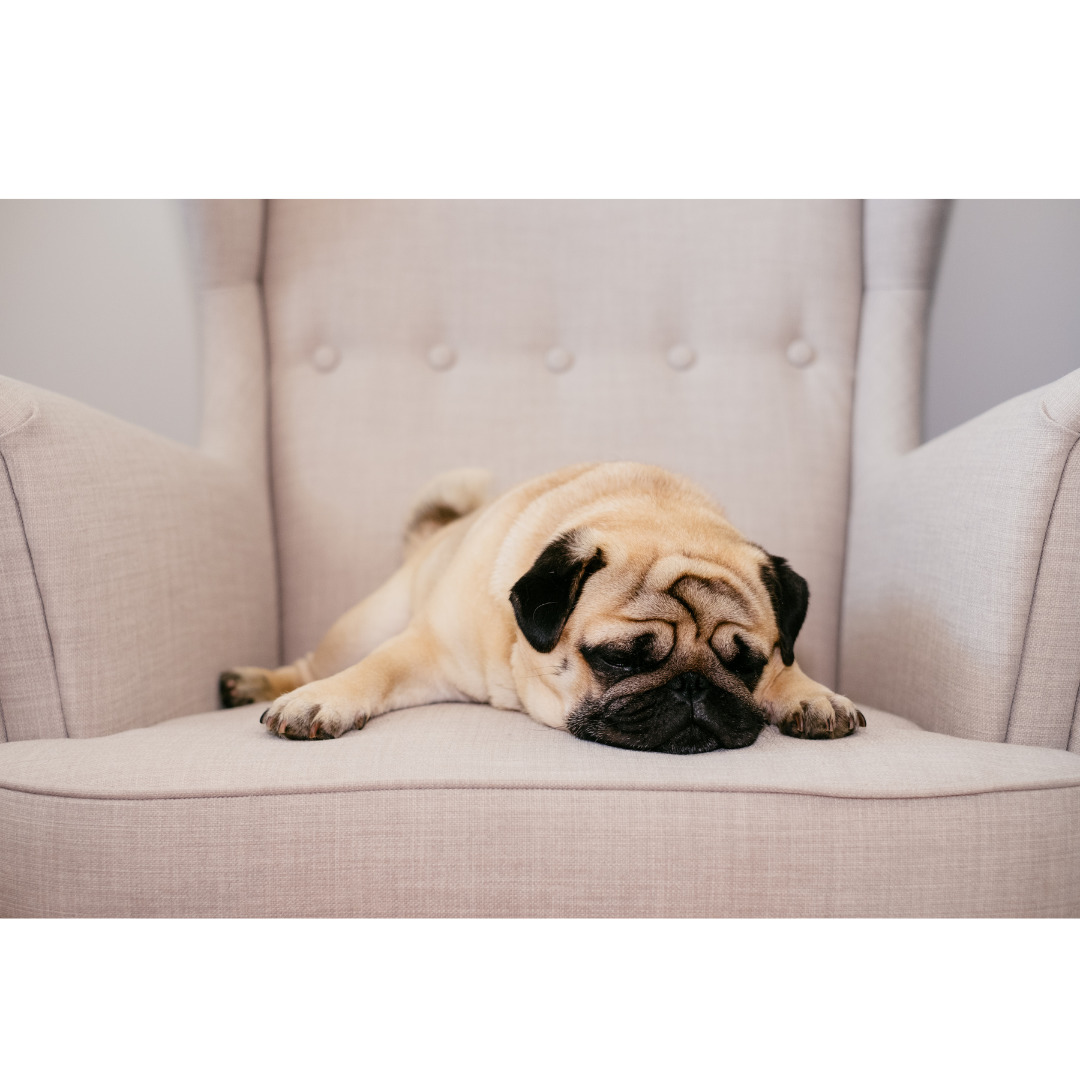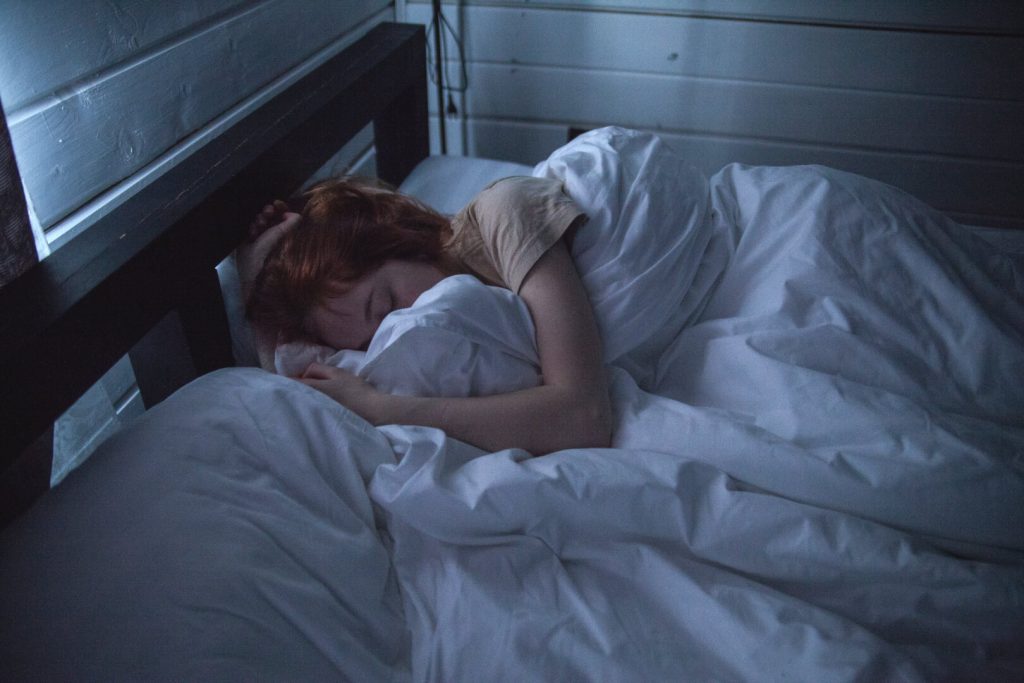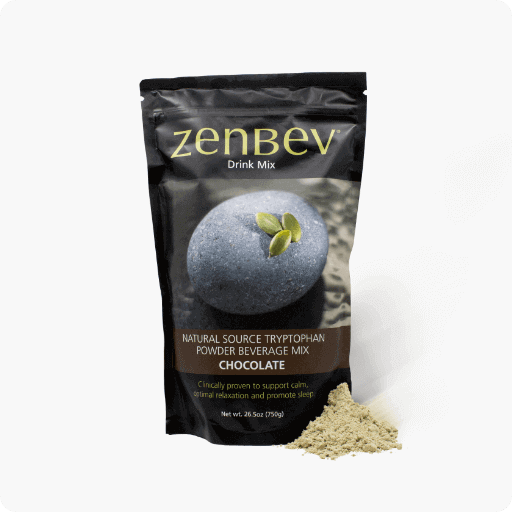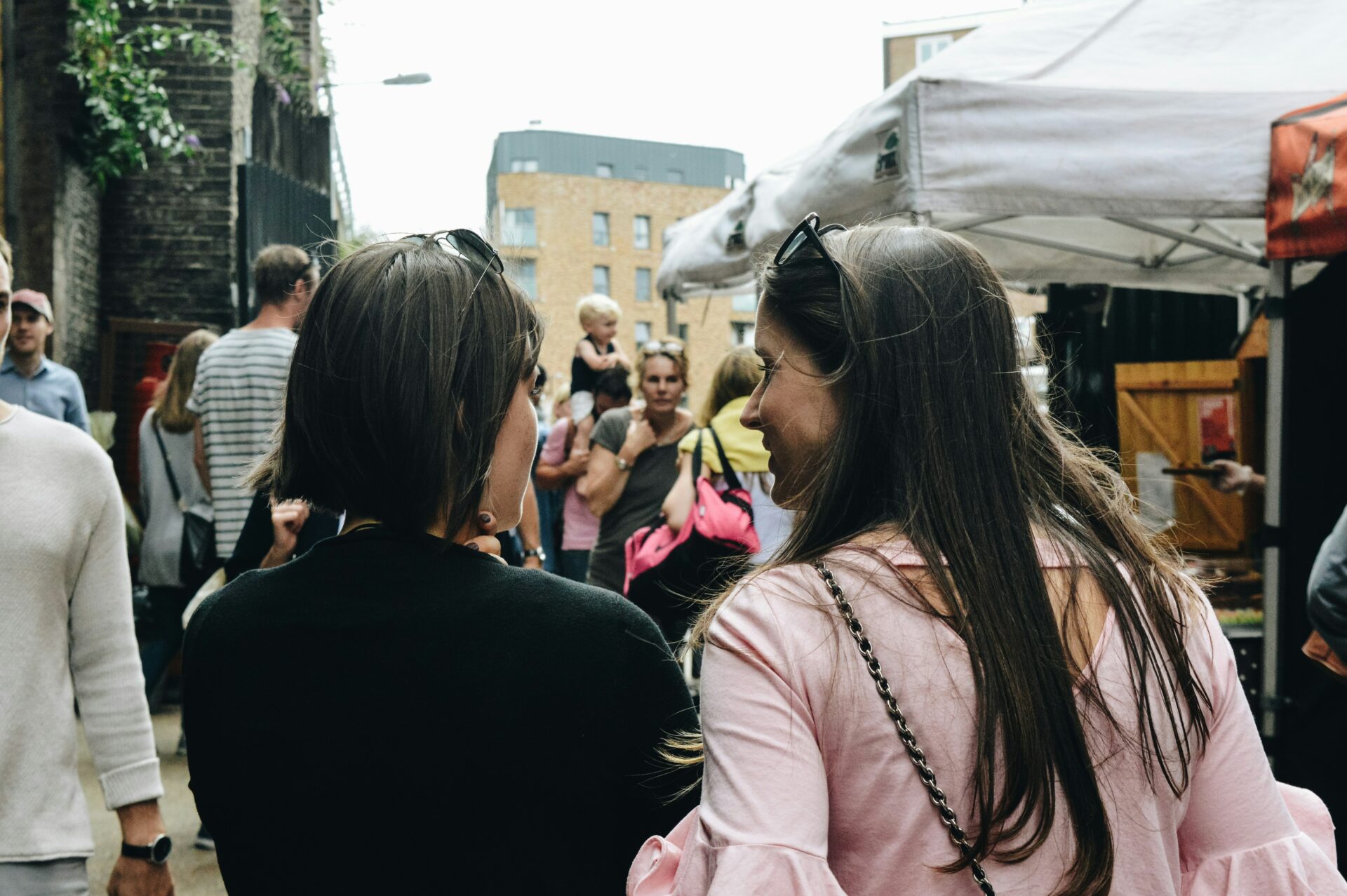11 Proven Tips To Sleep Better At Night

There are many ways in which we can improve our overall quality of life—getting regular exercise, eating healthier foods, and so on. But many people don’t realize that one of the most impactful improvements we can make is also one of the easiest: getting a better night’s sleep.
Research indicates that getting a good night’s sleep can have a positive impact on brain function, your physical fitness, and your hormonal balance! Not sleeping well can result in gaining weight and increase the risks of both physical and mental disorders. Sleeping well consistently, however, can help control your appetite and improve your overall health.
For the last several decades, scientists have noticed a disturbing trend: people are getting less sleep, and the sleep they are getting is of lower quality. For those who are determined to live their best life, getting quality sleep (and enough of it) is an absolute must. That’s why we’ve compiled this list of proven tips to help you improve your nightly zzz’s.
1. Get Some Sun
Did you know that your body has an internal clock? If you’re struggling with insomnia, this may come as a surprise. Just like a real clock, your internal clock can end up being “off.” This internal clock, known as your “circadian rhythm,” helps regulate your sleep, your mental health, and even the hormones in your body. It enables you to stay awake when you need to be and to catch up on much-needed sleep when it is late.
However, one of the significant factors that keep this “clock” in sync is exposure to sunlight (and bright light in general). For many of us, the most light we get is from our computer screens—and that just doesn’t cut it. Daytime bright light exposure has been shown to improve sleep quality and sleep duration while reducing the amount of time it takes to fall asleep. As little as two hours of bright light exposure could increase the amount of sleep you get by two hours and improve your sleep efficiency by up to 80!
If it is not practical for you to soak up the sun, consider investing in a sunlight lamp. You’ll also be enjoying the benefits of producing more vitamin D!
2. Steer Clear of Screens
While bright lights during the day can help you improve the quantity and quality of your sleep, there is one type of light that is decidedly unhelpful: blue light. If you tend to lay in bed for hours browsing the internet or playing games on your phone, it is probably taking a toll on your ability to sleep peacefully.
Blue light, like the light from your smartphone, laptop, tablet, or desktop PC, can lead your body to produce fewer of the hormones you need for a good night’s sleep. You’ll find it harder to get into a relaxed state of mind, and you won’t be able to drift off as quickly, leading to tossing and turning for hours.
There are a lot of methods you can use to reduce your exposure to blue light :
- Wear specialized glasses that filter blue light
- Use apps that block blue light on your computer or phone
- Don’t watch TV in bed
- Turn off bright lights about two hours before bed
- Have a no-phone rule in bed—reading a book by lamplight won’t have the same adverse effects
3. Call it Quits on Caffeine
Lots of us depend on caffeine for our “get-up-and-go” in the morning, and caffeine has plenty of other benefits—helping us focus, giving us much needed energy boosts, and improving performance at work or the gym.
However, this miracle drug has its downsides, especially when it comes to sleep. Coffee and other beverages containing caffeine can overstimulate your nervous system and make it extra hard to catch some zzz’s.
What many people don’t realize is just how long a dose of caffeine can affect you: up to eight hours! So, if you’re struggling to sleep tight, it is a good idea not to consume any caffeine at least 6 hours before bedtime. Grab a cup of decaf or another caffeine-free beverage, like chamomile tea, if you’re trying to wind down.
4. Nix the Naps
Power naps, or “cat naps,” of fifteen to twenty minutes, can be a boon to productivity, but if you’re taking long naps during the day, or interrupting your sleep pattern with irregular napping, you might find the sandman isn’t showing up at nighttime like he ought to. Daytime snoozes can upset your circadian rhythm and throw your entire sleep schedule off.
It depends on the person, however. Daytime naps work great for some people, while they’re disruptive for others. If you’re getting good quality sleep at night and like to indulge in a little daytime nap now and again, don’t worry. However, if you’re having difficulty getting to sleep, or staying asleep, at night, you might want to stop the daytime naps.
5. Revel in Routine
Remember that internal clock we discussed above? Your circadian rhythm? Well, it works best when you have a consistent routine. Your internal clock is most effective when it functions as a set loop. So, having a regular bedtime and morning alarm can help you get better sleep.
Pay particular attention to your routine on weekdays versus weekends. Some studies have demonstrated that those who played night owl on just the weekends ended up reporting poor sleep on weekdays.
As a bonus, being extra consistent can result in not even needing an alarm clock!
6. Be a Total Teetotaler
If you are a big fan of nightcaps, we have bad news. A few drinks before bed can increase symptoms of sleep apnea, disruptive sleep patterns, and atypical hormone production. All the above can get in the way of a good night’s sleep. If you want to keep your internal clock ticking away, it is a good idea to skip the alcohol.
7. Bring the Bedroom Up to Speed
Location, location, location! Where you sleep can have a significant effect on how well you sleep. So, make sure your bedroom is a sleep-friendly oasis! How? Well, consider the following:
- Temperature
- Noise
- Lights
- Design
Studies show that reduced light and sound in your bedroom can have a positive impact on the quality of your sleep. Blackout curtains can reduce external light. Also, try to limit other light sources, like televisions and alarm clocks.
For the best sleep, it is essential to optimize your bedroom for maximum comfort and relaxation, which can mean making sure it is cool enough, clean, and peaceful.
8. Skip the Snacks
We have all heard the trope about late-night indigestion causing bad dreams. Well, research shows that this is much more than an old wives’ tale. Eating late in the evening can disrupt your ability to sleep deeply.
Of course, a healthy snack or two isn’t always a bad idea, but if you are noticing more restless nights, consider skipping the snacks a few hours before it is time to hit the hay.
9. Chill Out
One of the biggest obstacles to sleeping well resides right in your head: racing thoughts, anxiety, and other mental barriers that don’t allow you to let your guard down and slip off to slumber-land.
Studies have consistently shown that practicing effective relaxation techniques before bed can help you get into the right headspace for a satisfying sleep. There are many different techniques, from mindfulness meditation to yoga, from reading a relaxing book to taking a bubble bath. Find your perfect relaxation routine and reap the rewards.
10. Hydrate—But Not Too Late
We have all been there. You are just about to drift off when nature calls. It is essential to stay hydrated but try to schedule your sipping earlier in the day to avoid this sleep-depriving issue.
11. Add Zenbev Drink Mix to your sleep routine
Zenbev is the best natural sleep aid available. It is made with all-natural ingredients and is proven to improve sleep by reducing time awake and the number of times waking in the middle of the night in published clinical trials. Add Zenbev, the natural sleep aid, to your sleep routine and get a better night’s sleep, the natural way!





